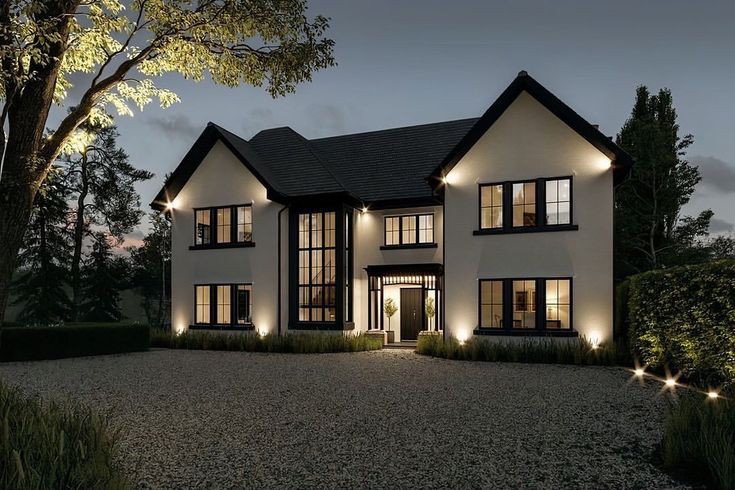Exploring Different Types of Aquatic Facilities
Aquatic facilities are an indispensable part of recreational, fitness, and therapeutic activities. They vary widely in plan, reason, and features. Let’s delve into the different types of aquatic facilities and their extraordinary attributes.
Indoor Swimming Pools
- Public Indoor Pools
Public indoor pools are well known in community centers and schools. These pools are accessible year-round. They frequently highlight lap paths, diving boards, and shallow areas for novices. Public pools typically have lifeguards on duty. They may likewise offer swimming lessons and fitness classes. The controlled environment makes them ideal for various activities.
- Private Indoor Pools
Private indoor pools are tracked down in homes and select clubs. These pools offer a personal swimming experience. Homeowners can plan them to fit their specific requirements. Private indoor pools can be used for recreation, exercise, or hydrotherapy. They give protection and solace.
- Hotel Indoor Pools
Numerous hotels gloat indoor pools as an amenity for guests. These pools are designed for relaxation and easygoing swimming. They are usually smaller yet elegantly designed. Hotel pools offer an invigorating break for travelers. Some may likewise have hot tubs or saunas nearby.
Outdoor Swimming Pools
- Public Outdoor Pools
Public outdoor pools are a staple of summer fun. Found in parks and recreation areas, they are open seasonally. These pools frequently include slides, diving boards, and swimming areas. They are a center for community occasions and family trips. Lifeguards ensure safety, and lessons or swim groups are common.
- Residential Outdoor Pools
Residential outdoor pools are common in private homes. These pools range from basic designs to rich installations. They give an extraordinary method for cooling off in the summer. Homeowners can customize their pools with various features. Pools can incorporate waterfalls, slides, and custom lighting. They improve the backyard experience.
- Resort Outdoor Pools
Resort outdoor pools are designed for relaxation and enjoyment. Found in vacation resorts, these pools are frequently luxurious. They include beautiful finishing and amenities like poolside bars. Resort pools are built for guests to loosen up and mingle. They frequently have lifeguards to ensure safety.
Water Parks
- Amusement Water Parks
Amusement water parks are large and loaded up with attractions. They incorporate wave pools, lethargic rivers, and exciting slides. These parks are famous destinations for families and adrenaline junkies. Water parks offer an intriguing day out with numerous activities. Lifeguards are stationed throughout to ensure safety.
- Indoor Water Parks
Indoor water parks offer year-round fun paying little heed to weather. Situated in large edifices, they highlight rides and pools. These parks are great for winter or blustery day activities. They furnish a controlled environment with warm water and air. Lifeguard certification is pivotal for staff to ensure guest safety.
Specialized Aquatic Facilities
- Rehabilitation Pools
Rehabilitation pools are used for physical therapy. They are designed for patients recuperating from injuries or surgeries. These pools frequently have warm water to relax muscles. Special equipment and shallow areas help in exercises. Rehabilitation pools are significant for patient recovery and wellness.
- Competitive Swimming Pools
Competitive swimming pools are designed for games. They meet specific standards for length, profundity, and temperature. These pools have swimming, diving, and water polo competitions. They have starting blocks, path markers, and timing systems. Lifeguard certification is essential for staff at these settings.
- Dive Pools
Dive pools are specialized for diving activities. They have more noteworthy profundity contrasted with regular pools. Dive pools include stages and springboards at various levels. These facilities are used for training and competitions. Safety is fundamental, with lifeguards and safety gear set up.
Aquatic Therapy Facilities
- Hydrotherapy Pools
Hydrotherapy pools are used for therapeutic purposes. They have warm water to relieve muscles and joints. These pools are beneficial for joint inflammation and chronic agony patients. Hydrotherapy pools frequently have planes to give kneading impacts. Exercises in these pools aid in rehabilitation and relief from discomfort.
- Sensory Therapy Pools
Sensory therapy pools are designed for special necessities people. These pools give a quieting and invigorating environment. Warm water, delicate lighting, and delicate music make a tranquil climate. Sensory therapy helps in lessening nervousness and working on motor skills. Lifeguard certification ensures the safety, everything being equal.
Educational and Training Pools
Swim Schools
Swim schools center around teaching swimming skills. They take special care of all ages, from newborn children to adults. These pools have shallow areas and warm water for solace. Instructors are trained in various teaching techniques. Safety is a priority, with certified lifeguards present.
Lifeguard training Centers
Lifeguard training centers are devoted to training lifeguards. They offer courses on water safety, rescue techniques, and CPR. Aspiring lifeguards can search online “lifeguard certification near me” to find a facility more suitable for them. Training pools mimic genuine situations for involved learning. The American Lifeguard Association frequently partners with these centers to give certification.
Final Word
Aquatic facilities come in many structures, each filling extraordinary needs. From indoor pools to broad water parks, every facility offers specific benefits. They give recreation, fitness, therapy, and safety training. Whether for competitive games or leisurely swims, these facilities are crucial. Lifeguard certification is crucial for maintaining safety in all aquatic environments.
The American Lifeguard Association plays a key role in ensuring the highest safety standards. With diverse options accessible, everyone can track down an aquatic facility that meets their necessities.






